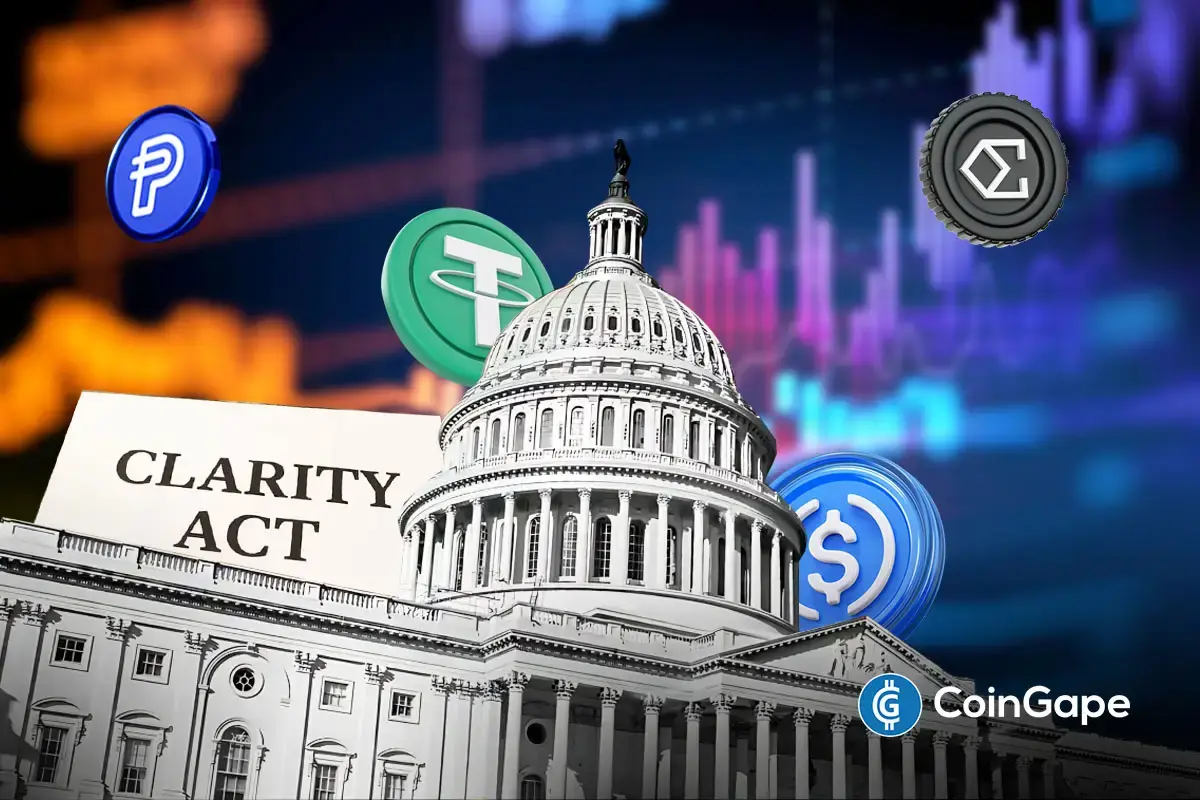China Cracks Down On Illegal Bitcoin Miners; Seizes Over 3500 Rigs

China is known for being very vocal against the use of cryptocurrency and its mining. Once a Bitcoin mining powerhouse, the country is now cracking down on crypto by seizing equipment and raising electricity prices. Last year, the country announced a full-fledged crypto mining ban citing environmental reasons. Multiple provinces of China have reported the confiscation of over 3600 BTC mining rigs by the authorities.
China making it hard for illegal BTC miners
In a bid to impose a complete ban, China’s Guangdong, Heilongjiang, and Shanxi provinces recently outlined strict measures to against culprits involved in BTC mining.
Dongguan city in Guangdong province reported that its administration carried out around 6,050 inspections till Mid March. As of now, a total of 2,957 mining equipment has been seized from 24 centralized mining dens and 35 individual mining farms.
Another city in Guangdong province, Yunfu disclosed that they have managed to seize 554 mining rigs in a joint team inspection. According to a report, the mine was set up in a stationery manufacturing workshop.
The Mudanjiang city in Heilongjiang province reported that many residential garages were been used to mine Bitcoin. The officials seized more than 60 rigs, and also reported illegal electricity theft worth more than 300,000 yuan (approx $47,000). It is being reported that a criminal gang was operating these Bitcoin minings and stealing electricity to run them.
The Shanxi province has declared that it is raising the electricity price by 1 yuan ($0.16) per kilowatt to counter crypto mining farms. This action will be implemented from May 10.
Sichuan province launches its own NFT marketplace
NFTs, called digital collectibles in China, are one of the country’s last few remaining links to cryptocurrencies. The collectibles are wildly popular in the country, and have even spurred issuances by government bodies, such as state-run news agency Xinhua.
The Sichuan province of China recently launched its own NFT marketplace. As per reports, the cultural and tourism authority of the province is ready with a digital asset trading platform in order to uplift their music industry. The government has informed that there are a number of music companies that are using blockchain technology to protect their copyright.
Play 10,000+ Casino Games at BC Game with Ease
- Instant Deposits And Withdrawals
- Crypto Casino And Sports Betting
- Exclusive Bonuses And Rewards

- Indiana Signs Bitcoin Bill Into Law Allowing Crypto in Retirement Plans
- ‘Time to Act Is Now’: CFTC Chief Pushes Swift Passage of CLARITY Act
- Trump Tells Congress to Pass Crypto Market Bill ‘ASAP,’ Blasts Banks for Stalling
- BTC Price Bounces as Spot Investors Buy The Dip Amid Iran War Jitters
- CFTC Chief Mike Selig Signals US Crypto Perpetual Futures Rollout in Coming Weeks
- Gold Price Prediction March 2026: Rally, Crash, or Record Highs?
- RIOT Stock Prediction as Needham, Piper Sandler Slash Target After Earnings
- Cardano Price Outlook As Charles Hoskinson Warns Over CLARITY Act
- Circle Stock Price Climbs 15% to $96, Can Rally Continue in March 2026?
- Bitcoin Price Prediction as US-Iran War Enters 4th Consecutive Day
- Top 5 Historical Reasons Dogecoin Price Is Not Rising

 Buy $GGs
Buy $GGs

















